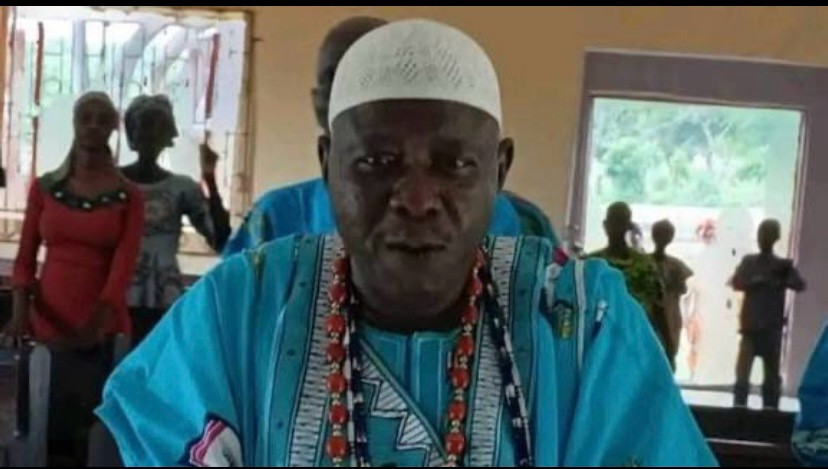Nigerian child welfare advocates are urging heightened government collaboration with private orphanages to address the growing crisis of vulnerable children, as over 90% of such minors reportedly reside in under-resourced care homes with minimal state support. Speaking at a foster care training workshop in Abeokuta, Ogun State, Gabriel Oyediji, National President of the Association of Orphanages and Homes Operators in Nigeria (ASOHON), stressed the systemic challenges facing 22 million orphans and vulnerable children nationwide—a significant rise from UNICEF’s 2008 estimate of 17.5 million.
“Private homes shoulder nearly all responsibilities—feeding, healthcare, and shelter—yet receive almost no government funding,” Oyediji stated during the event, organized in partnership with SOS Children’s Village. The training, themed From Vulnerability to Stability, drew over 40 caregivers and focused on shifting from institutional care to family-based foster systems. Oyediji emphasized that children raised entirely in orphanages often lack critical social skills and emotional bonds, urging caregivers to prioritize temporary foster placements that offer “real family experiences.”
Current estimates indicate government-supported facilities care for fewer than 10% of Nigeria’s orphaned population. ASOHON leaders called for direct financial aid to private homes and clearer frameworks for foster care integration. “Every child deserves support from the state,” Oyediji added. “Collaboration, not isolation, will yield sustainable solutions.”
The event also addressed ethical caregiving practices. Beloveth Edima-Ekpo, ASOHON’s Ogun State Coordinator, highlighted the need to distinguish foster care from adoption, urging operators to avoid emotional over-attachment. Meanwhile, Margaret Abosede Oviutu of the Child Protection Network reiterated the importance of adhering to legal safeguards for minors.
Participants, including Stella Willoughby of Ijamido Children’s Home, praised the initiative’s focus on practical skills like household management but stressed the need for ongoing policy advocacy. “Expanding foster care requires not just training but systemic changes,” Willoughby noted.
As Nigeria’s orphan crisis escalates, the push for public-private partnerships underscores both the urgency of resource distribution and the long-term social benefits of integrating children into family environments. Advocates argue that without coordinated intervention, millions risk remaining trapped in cycles of institutional isolation and developmental delays.
![aunty ajara dies of liver illness, public support halted Popular small size actress Aunty Ajara dies from liver illness [VIDEO]](https://mediatalkafrica.com/wp-content/uploads/2026/02/xAunty-Ajara-Dies-of-Liver-Illness-Public-Support-Halted.jpg.pagespeed.ic.GOx7K5OS5K.jpg)


